I recently had a chance to rehearse with a middle school orchestra for a performance of "Schindler's List" I was scheduled to solo on with them. The kids were full of questions! One cute cellist wanted to know if I practiced every day and for how long. That question is usually hard for me to answer in an inspiring way, LOL.
Coincidentally, until recently, I wasn't playing my violin every day. It was kind of a struggle. I wanted to want to, if that makes sense. But with toddlers running around the house, it was easy to make an excuse not to pick up my violin. In fact, when my husband and I discussed our goals for the week, it was consistently on my goal list to "play my violin" at some point during the week! But nowadays, when we get to that question in our goal review meeting each Sunday, the answer to the violin-playing question is always an immediate and fervent "Yes!" Usually I pick it up every day! And I was able to answer this middle schooler accordingly. I told the class that I practice pretty much every day, usually for roughly forty-five minutes, sometimes twice in a day! Of course, when I'm rehearsing with a group or teaching, that time lengthens out to be many hours per day.
This girl seemed dubious that practice could be something a person could actually want to do. I'd been there myself!! So I continued to offer some advice for some "mind tricks" that have helped me. I told her that I don't put my violin away. I leave it out on a violin stand, so it's easy to grab. (Isn't it true that half the battle of starting to practice is just taking the instrument out of the case?) I train my kids to never touch it when it's out. Amazingly, they haven't given into temptation very often. In a book I just finished, titled Atomic Habits, the author advocates that when forming a new, good habit, try to make it as easy as possible to accomplish. Keeping my violin accessible is my way of making practicing easy. And instead of telling myself, "I need to practice," I tell myself, "I'm going to go play my violin." I told the class this mental switch works for me. Practice sounds like work. "Playing" sounds like fun.
I wasn't lying. These "hacks" really help me. But on further reflection in the ensuing weeks, I thought about some other motivating factors that I should probably credit more for my practice success.
In 2022, I started planning a solo recital. I determined to give myself at least a year to prepare this time. I had never given myself such a large window of time. Knowing the quality I wanted to achieve with this upcoming performance, I did a few things that proved smart.
First, I chose some of my favorite classical pieces"”ones that would be challenging but not totally out of my league. That way, I'd want to work on the music, and I felt confident a general audience would want to hear it.
Second, I took the music to a teacher. As a violin teacher myself, with A LOT of training, I've finally gained enough experience to be my own teacher. That's a fun point to arrive at. But after a while of not having an outside teacher, to suddenly have an expert available to you again who gives constructive feedback, helping you to consider new ideas and be aware of your "blind spots," can be invaluable. I think I appreciate lessons more than I used to, particularly because I'm the one paying for them. Taking lessons definitely speeds up the process of improvement and progression. It's also very motivating, because suddenly you're accountable to someone else, and with a lesson on the calendar, you have a deadline you have to be ready for. (Please read my next post which gives more background on how I decided to take lessons again.)
Finally, I planned rehearsals with my accompanist months in advance of the performance, so I would not procrastinate my preparation to the final hour, as it were. And it worked!
I feel like I'm doing the same things an athlete would do to reach their personal best. I have my own personal trainer pushing me on. And I have an upcoming event, a recital"”similar to a 5K or a marathon"”to train for. Without these two things"”a mentor, and an event that demands a person showcase their skill"”exercise or practice can still be beneficial for the mind and body, but the budding sports guru or classical musician isn't going to notice as much improvement with their talent. These two big things have kept me on track, and have probably served as my greatest motivation to practice and improve.
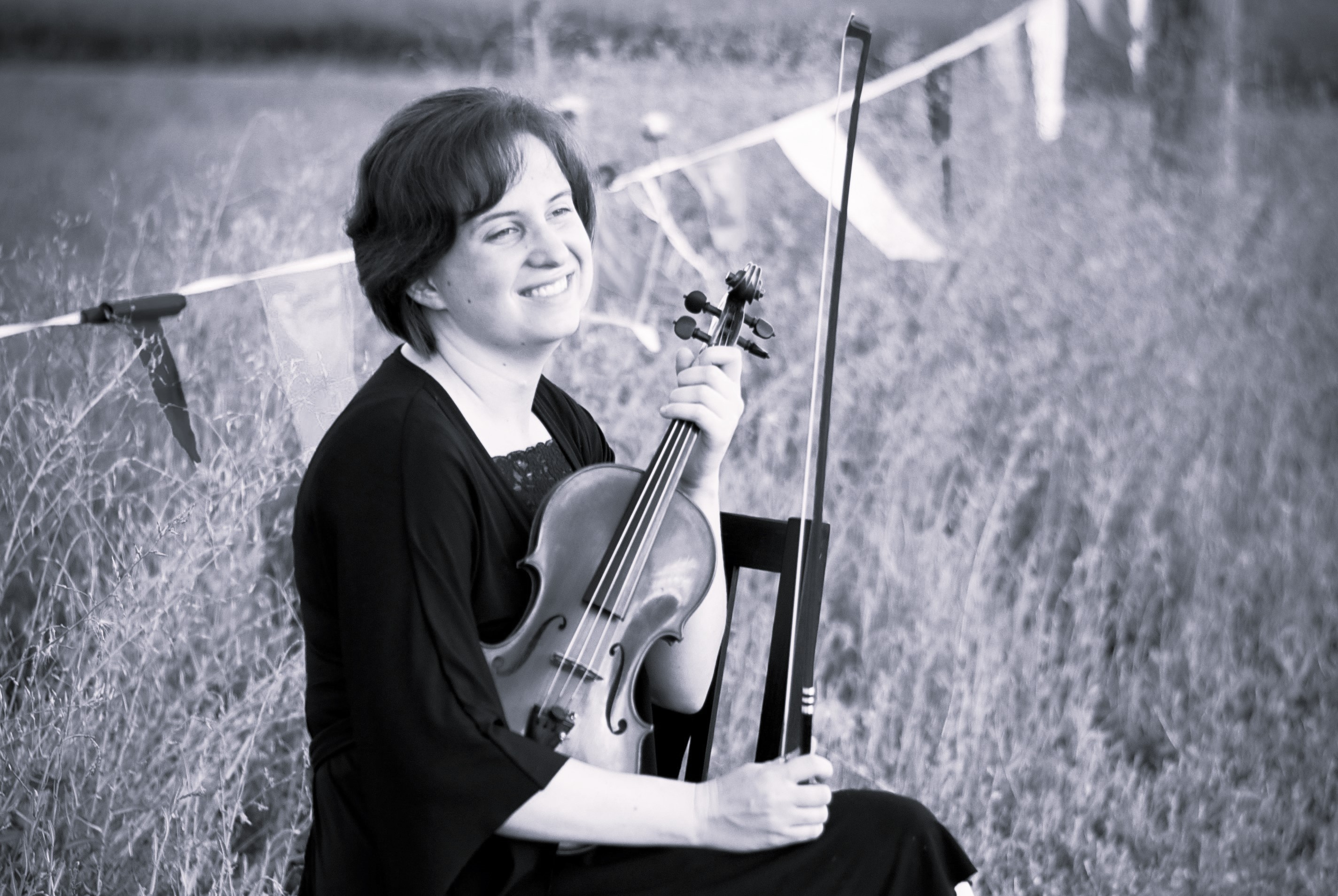
Cami Shaskin
Violin Blog
About
Updates
Quick Access
Archive
2021
Jan
2022 16 - Welcome to My Blog
23 - Violin Teaching Kits
Feb 06 - Valuable Techniques
07 - From the Top
20 - Violin Jokes
Mar 06 - Singing in Orchestra
13 - Nurtured by Love
21 - Helpful Websites
27 - Unique Case Uses
Apr 10 - All About Tone
24 - Teaching Values
May 02 - Believing Teachers?
29 - Our Quartet
Jun 26 - Violin Bridge Tips
Jul 07 - Clever Violin Memes
20 - Horses and Lions
Aug 04 - Music During Covid
16 - Favorite Music
Sep 12 - Being There
Oct 16 - Sight Reading Tips
Nov 05 - Why It's the Frog
Dec 20 - Bach on the Brain
30 - Impact for Life
Jan
Jul
Aug
Oct
Nov
2023 23 - Tendonitis Helps
Feb 21 - An Old Performance
Mar 23 - Cars3 & Coaching
Apr 29 - Preferred Brands
May 27 - Love: A Calling
JunJul
Aug
08 - Music Opens Doors
SepOct
Nov
27 - Useful Analogies
Dec 28 - A Humorous Anecdote
Jan
Feb
May
Jun
Aug
Oct
Nov
2024Feb
15 - Our Commonality
Mar 10 - Extras
18 - Autopilot
AprMay
Jun
06 - Motivation
JulAug
26 - The Ink
SepOct
Nov
26 - Music Copyright
Dec Jan
Mar
Sep
2025 15 - Fame and Fortune
FebMar
14 - Intermission
Apr 18 - A Day in the Life
May 02 - Oops!
Jun 14 - A Science or an Art?
Jul 15 - A Difficult Post
AugSep
20 - Anxiety Interview
Oct 02 - Sounds of Italy
Nov No posts to display.
Dec No posts to display.
Jan
Feb
Aug
2026Feb
No posts to display.
Mar No posts to display.
Apr 17 - Bittersweet Moments
May No posts to display.
Jun No posts to display.
JulAug
No posts to display.
Sep No posts to display.
Oct 31 - My Video Series
Nov No posts to display.
Dec No posts to display.
Jan
07 - Food in Twinkle?
Feb No posts to display.
Mar No posts to display.
Apr No posts to display.
May No posts to display.
Jun No posts to display.
Jul No posts to display.
Aug No posts to display.
Sep No posts to display.
Oct No posts to display.
Nov No posts to display.
Dec No posts to display.
Posts
Motivation
| Love it | Interesting | Inspiring | Want to share |
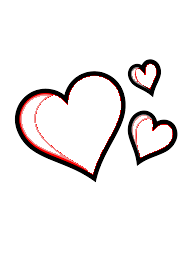 |
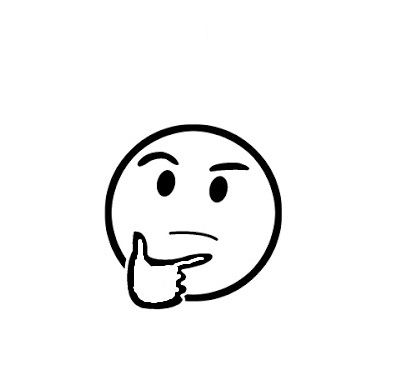 |
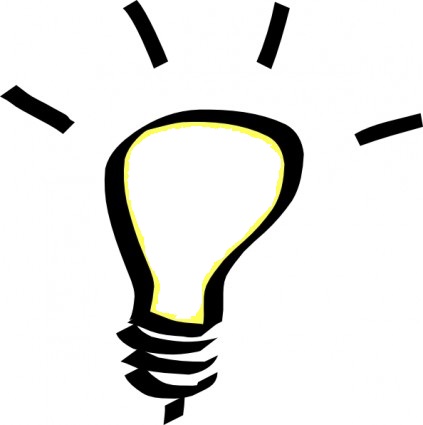 |
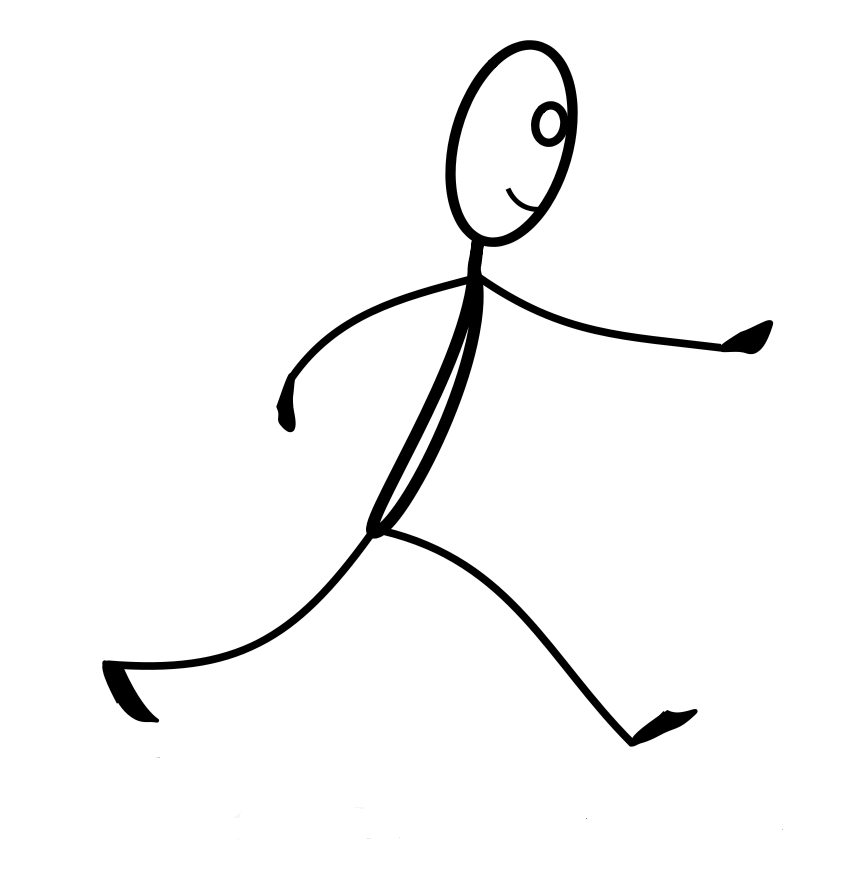 |
| 0 | 0 | 0 | 0 |
Like this post? Link back to it later by copying the URL below.
© 2021-2026 All Rights Reserved
This content has been proven to be completely dairy-free, gluten-free, sugar-free, and made from code not treated with rBST. No animals were harmed in the making of this blog. The views presented do not necessarily represent the views of Ms. Shaskin's neighbors, kin, the U.S. government, or a mysterious worldwide network of musicians. Any reproduction, retransmission or reposting of content without crediting the author (basically me) is prohibited. Free Wi-Fi not included. If this is a life-threatening emergency, close your browser and dial 911.



